Supreme Court to Hear Legal Challenge Over Chief Justice’s Removal Process on April 9
The Supreme Court of Ghana has scheduled a hearing for Wednesday, April 9, 2025, to deliberate on a case challenging the procedure being followed to potentially remove Chief Justice Gertrude Araba Esaaba Sackey Torkornoo from office. This legal challenge arises amidst growing controversy surrounding the constitutional interpretation of the removal process for a sitting Chief Justice.
The suit was filed by Member of Parliament for Old Tafo, Vincent Ekow Assafuah. He is raising concerns about the legality and fairness of the steps taken by President John Mahama following the submission of three separate petitions that call for the dismissal of the Chief Justice. According to Assafuah, the current process being followed by the President does not align with the stipulations of Ghana’s 1992 Constitution.

Central to the MP’s argument is the requirement for procedural fairness. He contends that before the President initiates any formal consultations with the Council of State, as directed by Article 146(6) of the Constitution, the Chief Justice must be made aware of the allegations and given the opportunity to respond. The MP believes that bypassing this step not only infringes on the Chief Justice’s constitutional right to a fair hearing but also jeopardizes the principle of judicial independence.
Vincent Ekow Assafuah is being represented in the case by Godfred Dame, a former Attorney-General. In their legal submission, the team insists that due process must be observed at every stage of the removal procedure, especially when it involves the highest-ranking member of the judiciary. They emphasize that failing to inform the Chief Justice ahead of consultations creates a dangerous precedent that could erode public confidence in the judicial system and weaken the separation of powers.
The suit seeks a declaration from the Supreme Court that the President must notify the Chief Justice of the content and nature of the petitions filed against her, and provide her with a chance to respond before initiating further action. By doing so, the legal team argues, the rights of the Chief Justice under the Constitution will be preserved, and the integrity of the judiciary will be upheld.
This case is significant not just because it involves the sitting Chief Justice, but also because it touches on fundamental questions of constitutional interpretation, due process, and the balance of power between the executive and judicial branches of government. Legal experts and political observers across the country are closely watching how the Supreme Court will rule on the matter.
As the date for the hearing approaches, the spotlight will remain on the judiciary, with many expecting the outcome of this case to set an important precedent for how future petitions involving top judicial officials are handled in Ghana’s constitutional democracy.
 blogpay
blogpay
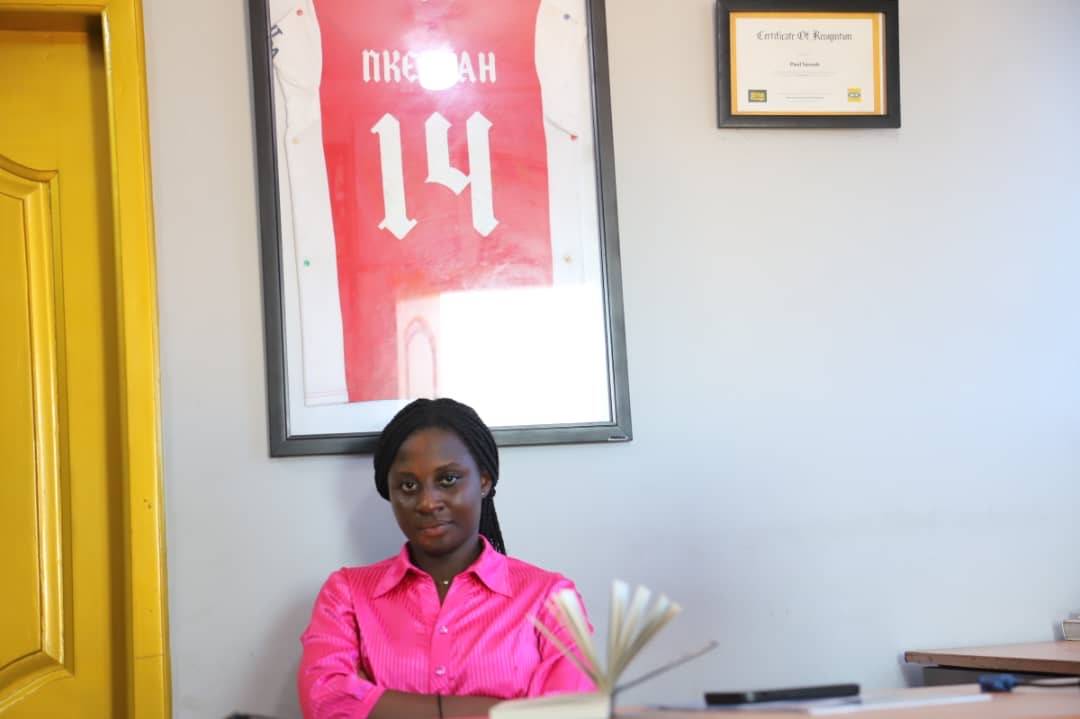
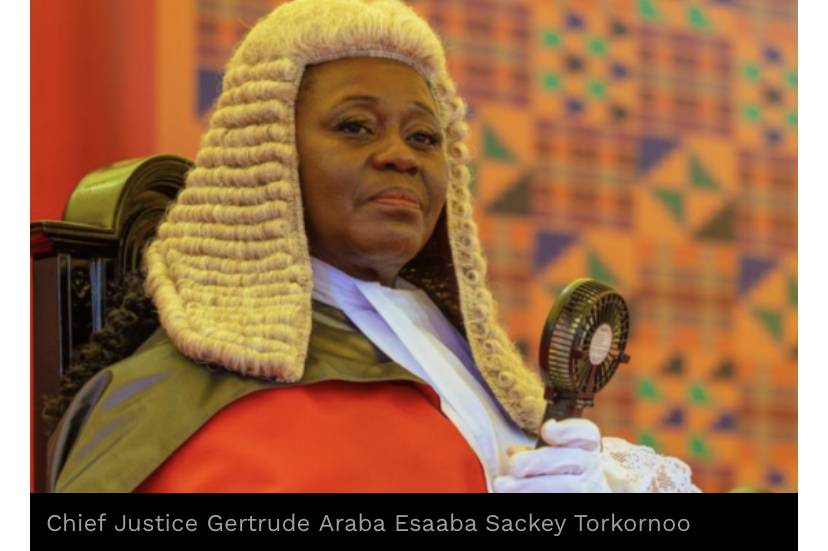

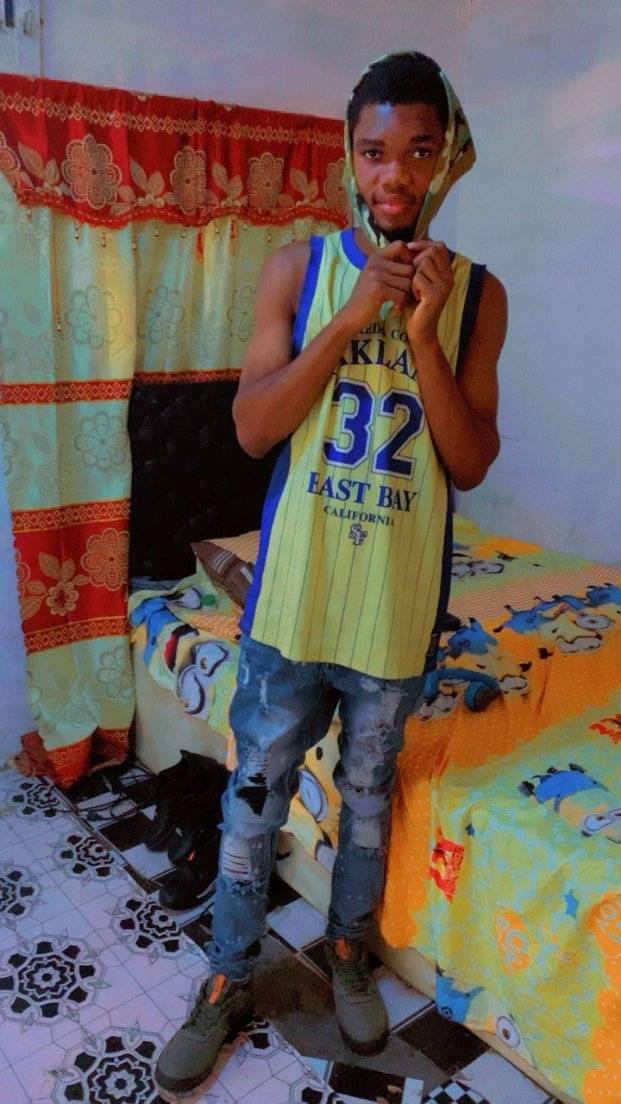
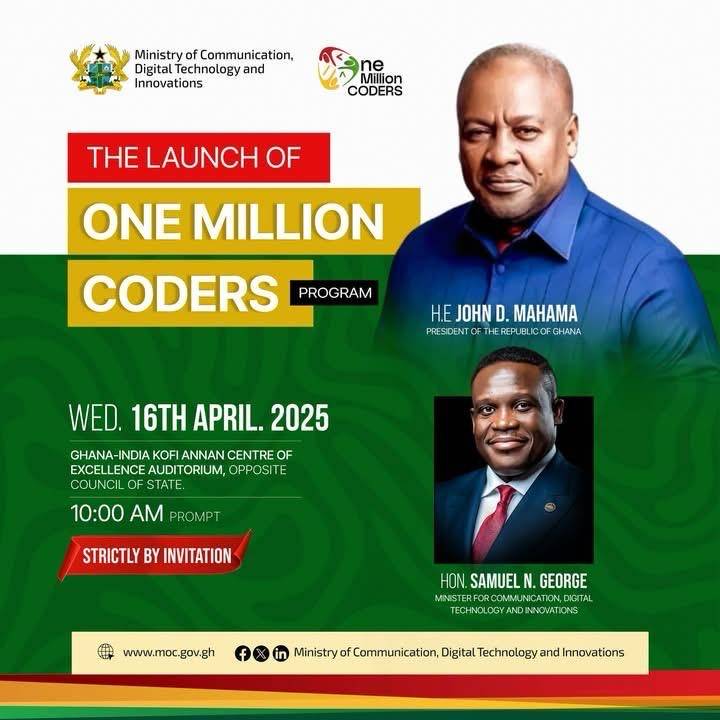
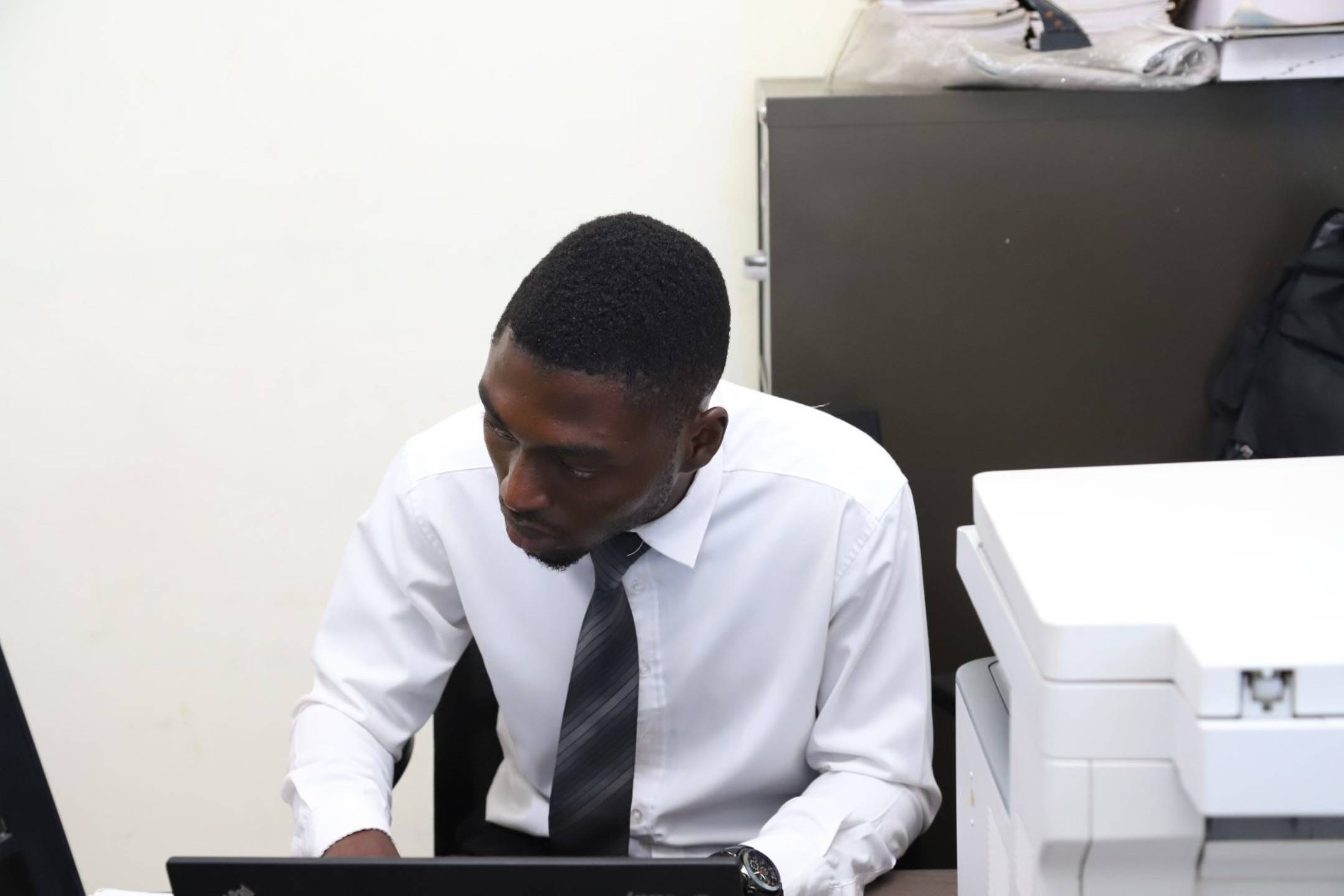
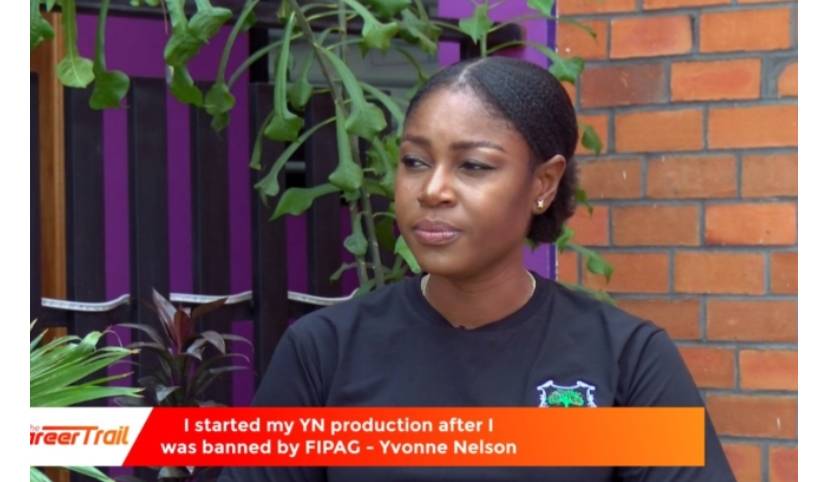
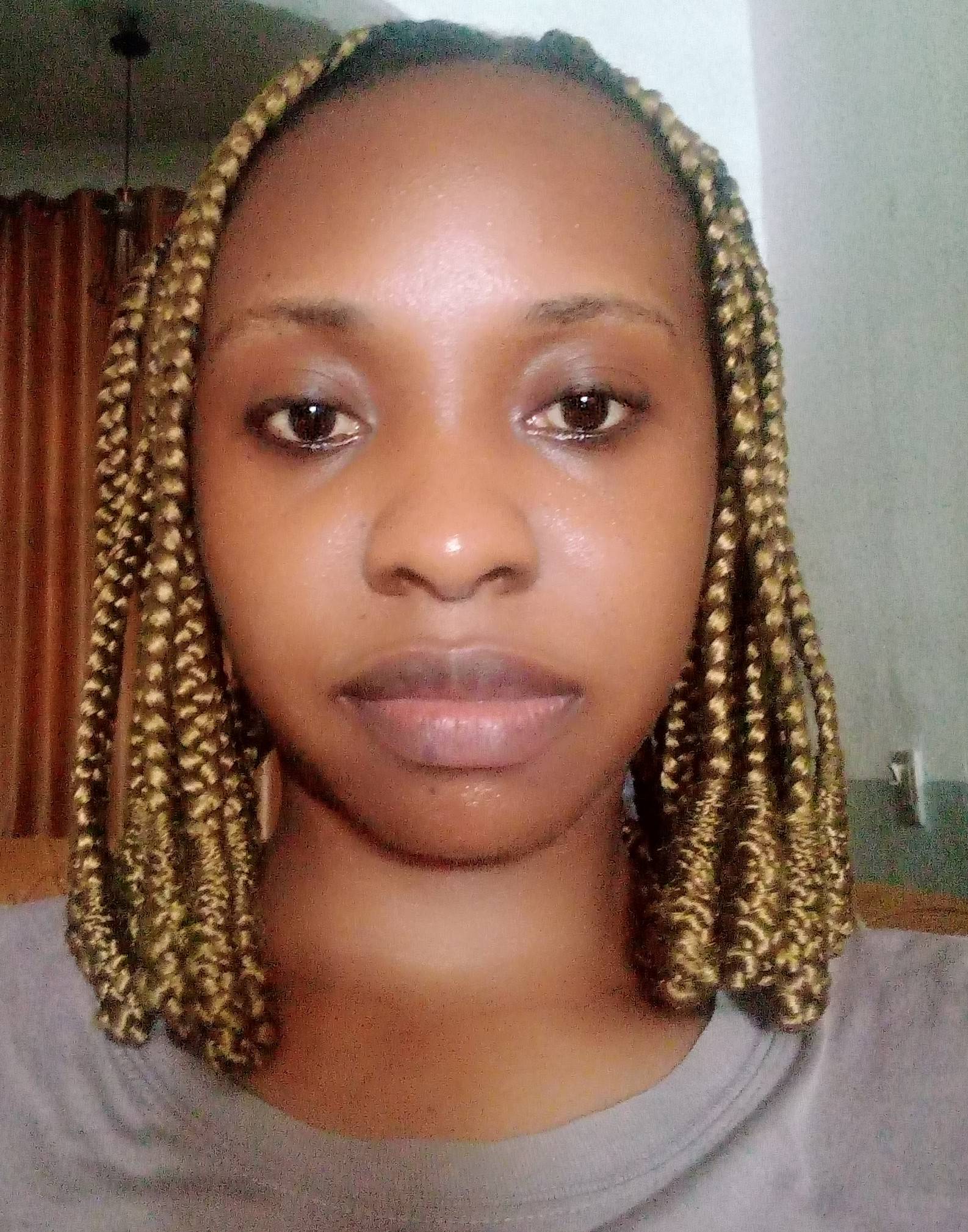

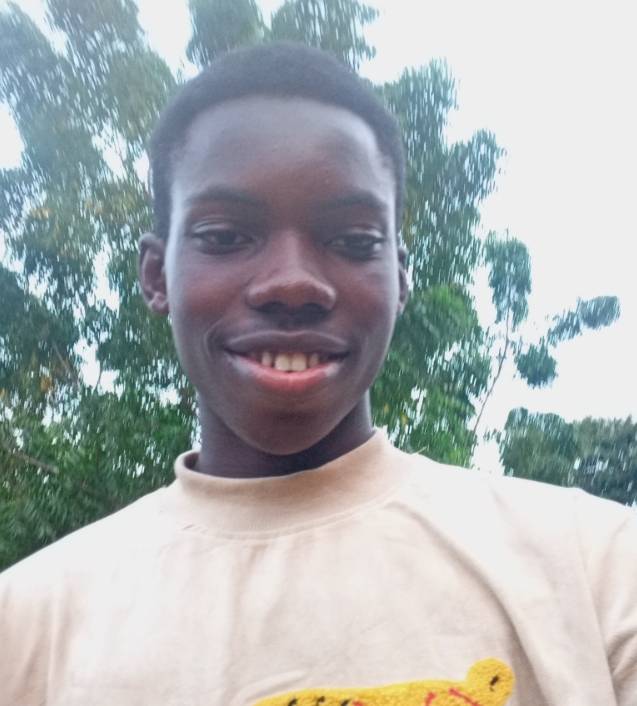
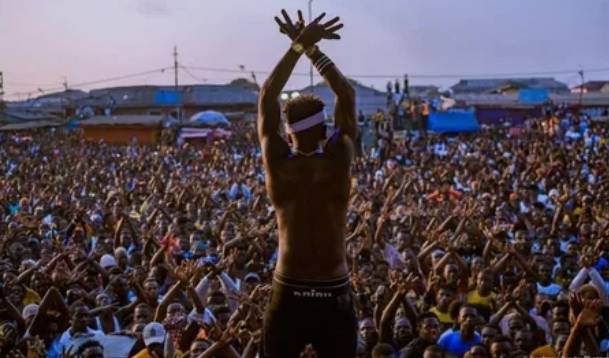

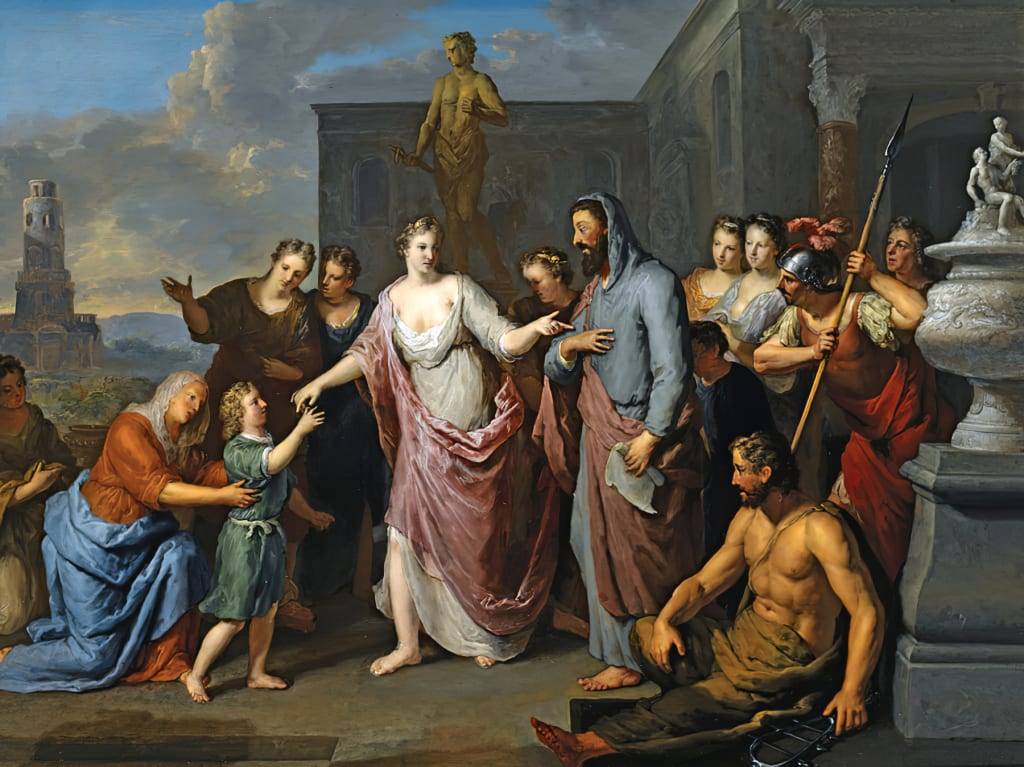

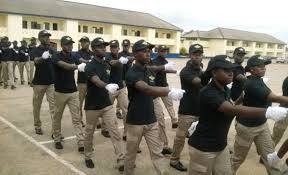



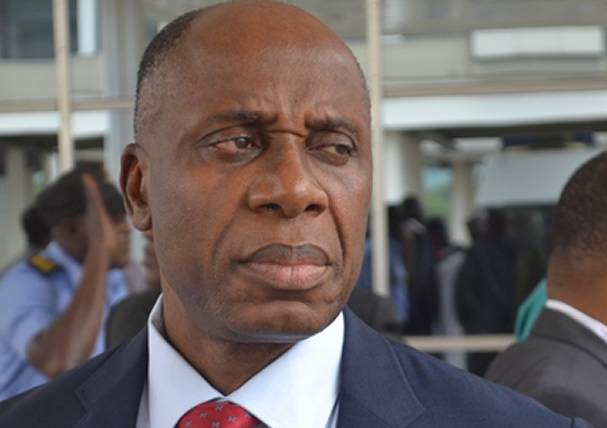

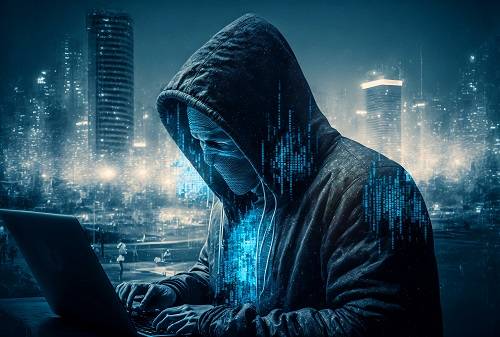



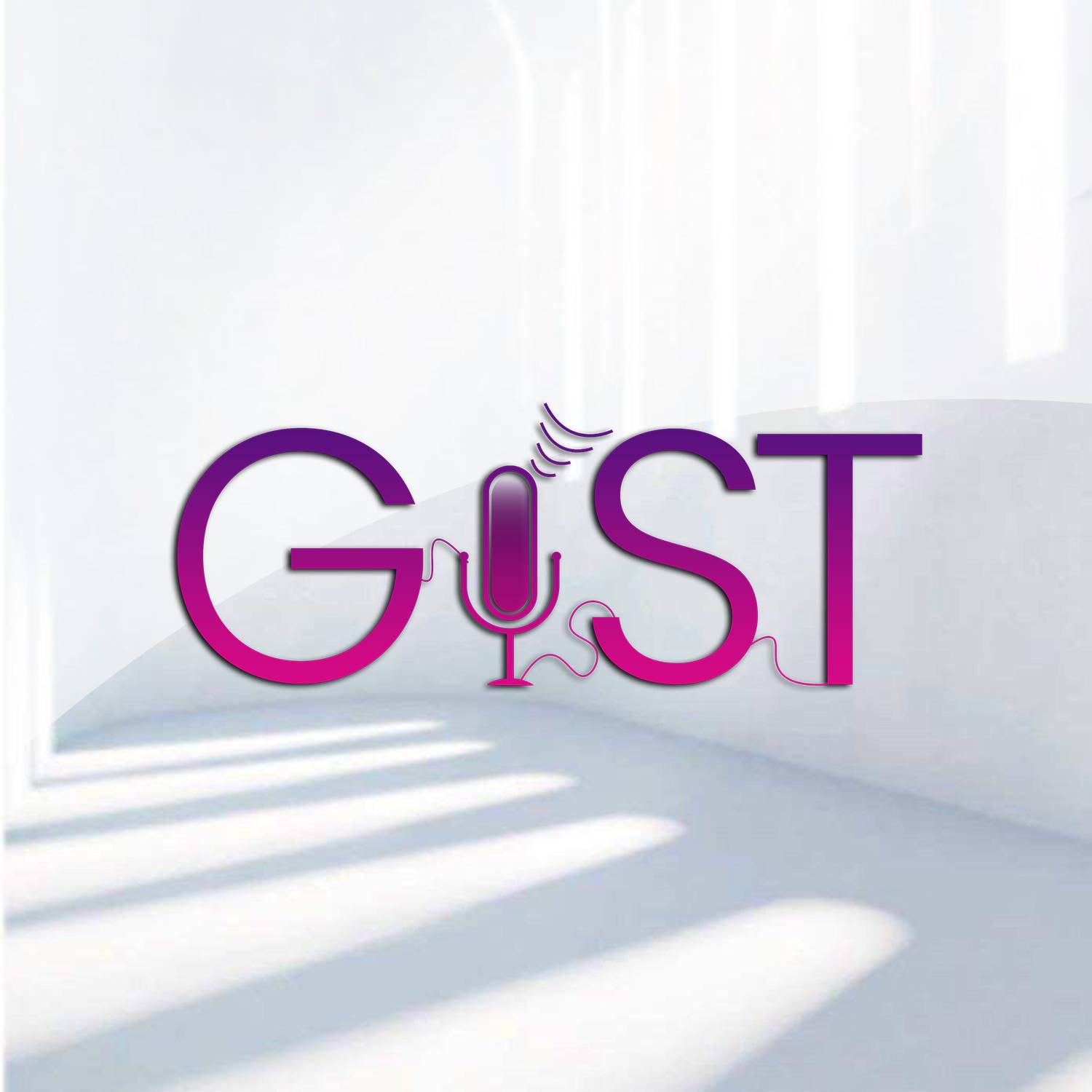
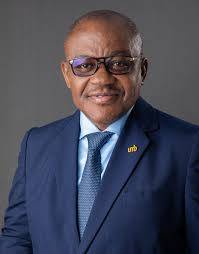


Total Comments: 0